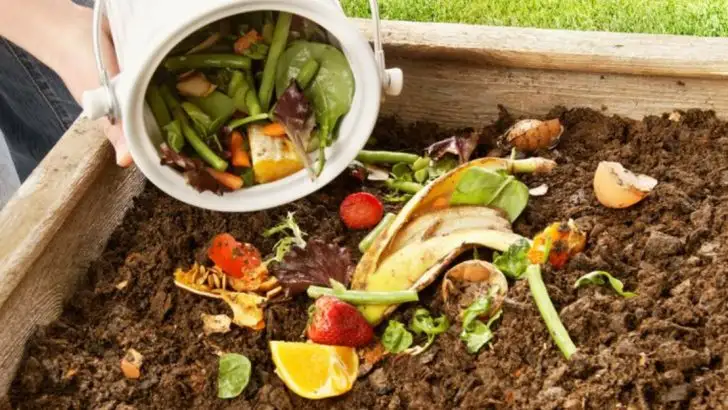Nitrogen is a key nutrient for plant growth, helping to produce lush foliage and healthy crops—but instead of relying on synthetic fertilizers, you can boost your soil naturally! There are plenty of organic, eco-friendly ways to add nitrogen while improving overall soil health.
In this article, we explore 14 natural ways to add nitrogen to your garden soil. From composting kitchen scraps and using nitrogen-fixing cover crops to applying grass clippings and manure, these simple methods will keep your soil rich and fertile. If you’re looking for sustainable, budget-friendly ways to grow healthier plants, these nitrogen-boosting tips are essential!
Composting Kitchen Scraps
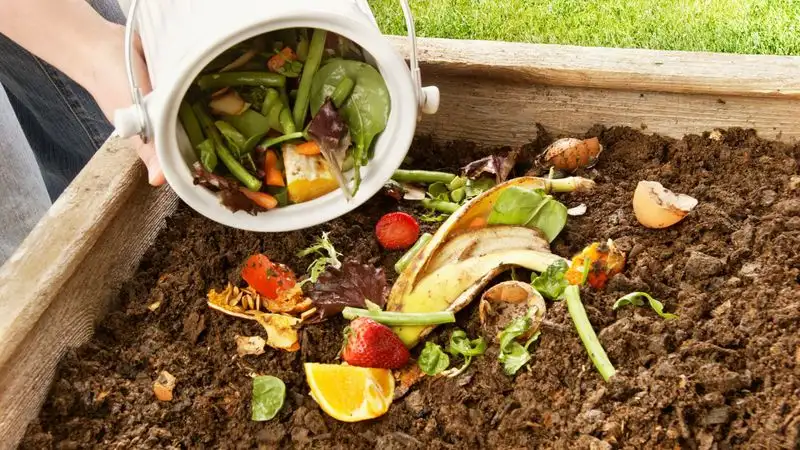
Kitchen scraps can be more than just waste; they are a treasure trove for gardeners. Adding vegetable peels, coffee grounds, and eggshells to your compost pile not only reduces waste but also enhances nitrogen levels in soil. When these scraps decompose, they release essential nutrients, including nitrogen, into the compost.
This nutrient-rich compost can then be added to your garden soil, providing a natural and steady supply of nitrogen. Regularly turning the compost pile ensures even decomposition and nutrient distribution, making it a simple yet impactful way to boost soil fertility.
Using Manure
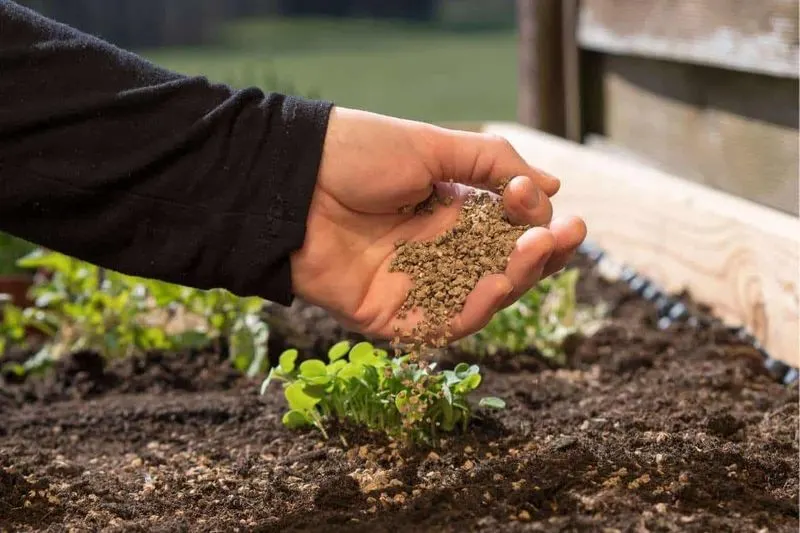
Animal manure, such as from cows or chickens, is a powerhouse of nitrogen. Properly aged manure can be spread across garden beds to improve soil structure and nutrient content. Because fresh manure is too potent and can harm plants, it’s crucial to use well-composted manure.
Incorporating manure into your soil not only increases nitrogen but also enhances microbial activity, which supports plant growth. Applying it in late fall or early spring allows time for nutrients to integrate into the soil before planting, making it an invaluable resource for gardeners.
Planting Legumes
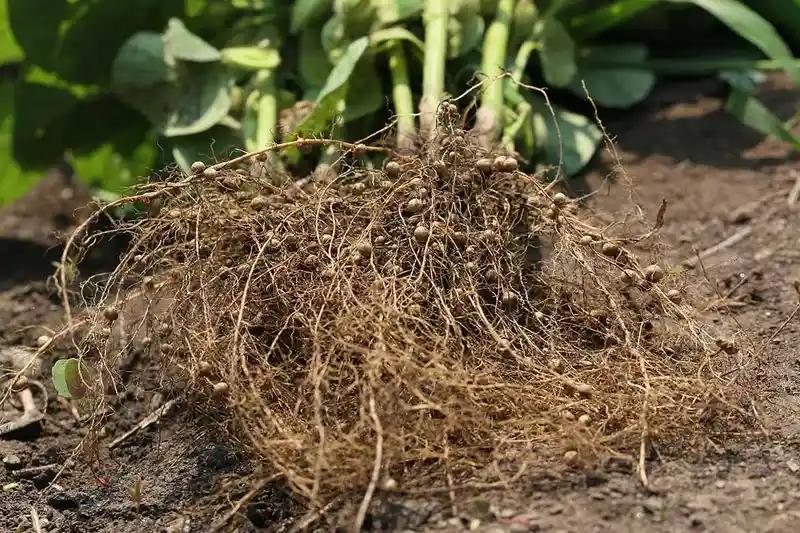
Legumes, such as beans, peas, and clover, have a unique ability to fix nitrogen from the air into the soil. This process enriches the soil naturally, making it an excellent strategy for gardeners looking to increase nitrogen levels. These plants host bacteria in their root nodules that convert atmospheric nitrogen into a form usable by plants.
Planting legumes not only boosts soil health but also offers the added benefit of a bountiful harvest. Intercropping with other plants can further enhance garden biodiversity and soil fertility, creating a thriving ecosystem.
Fish Emulsion
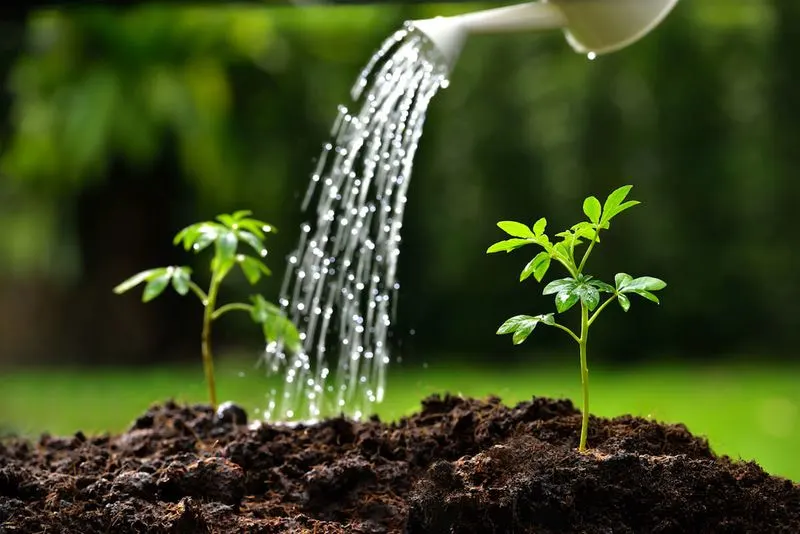
Fish emulsion is a liquid fertilizer made from fish parts and is rich in nitrogen. It’s a quick-release nutrient source, making it ideal for giving plants an immediate nitrogen boost. To use, simply dilute the emulsion with water as directed and apply it to the soil or as a foliar spray.
The natural origin of fish emulsion ensures that it’s safe for organic gardening, providing nutrients without synthetic chemicals. Regular application can significantly improve plant vigor and productivity, especially during the early growth stages.
Using Coffee Grounds
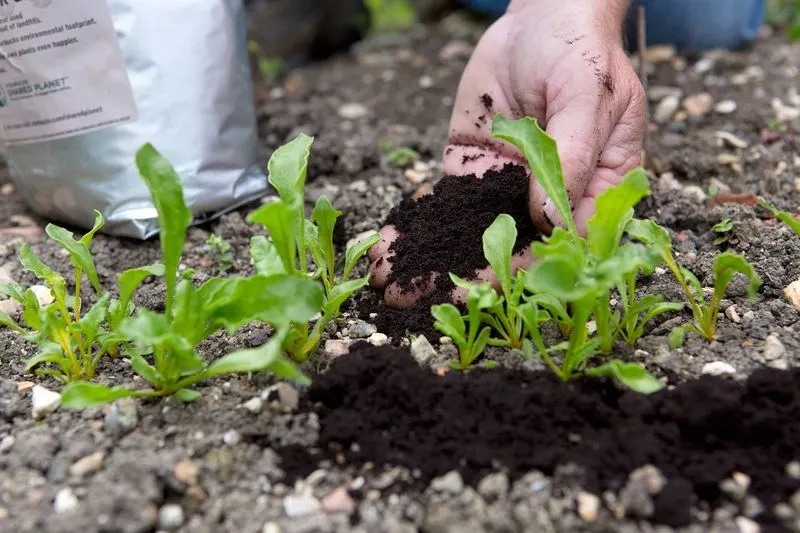
Coffee grounds are more than just a morning ritual byproduct; they are an excellent source of nitrogen for your garden. Sprinkling used coffee grounds over garden beds not only adds nutrition but also helps improve soil texture.
These grounds break down quickly, releasing nitrogen and other essential nutrients into the soil. Additionally, coffee grounds can help attract earthworms, which further enhance soil health. Recycling them in the garden is an eco-friendly way to enrich your soil and support plant growth.
Grass Clippings
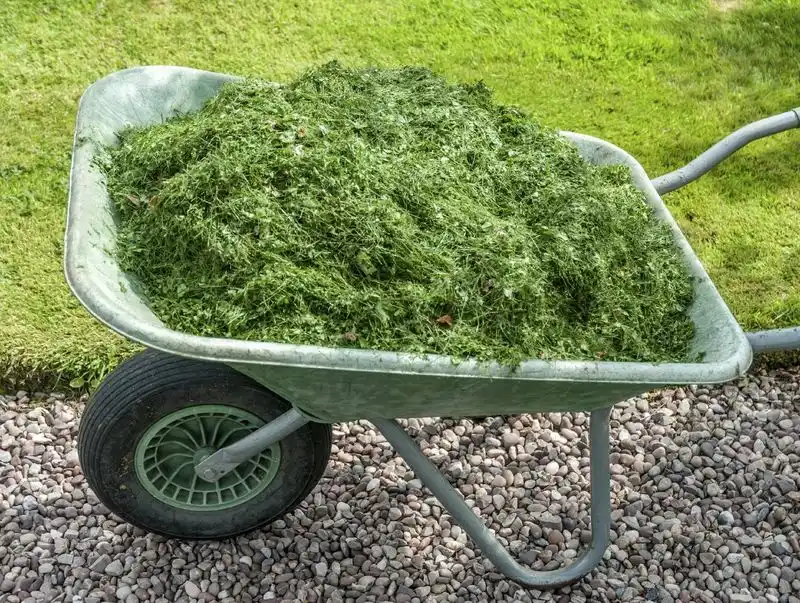
Grass clippings can be a gardener’s ally, providing a readily available source of nitrogen. When left on the lawn after mowing, they decompose quickly, returning nitrogen to the soil. Alternatively, they can be added to a compost pile or used as mulch.
This not only recycles nutrients but also improves soil structure and moisture retention. Regularly using grass clippings in your garden contributes to a sustainable nutrient cycle, keeping your plants healthy and soil fertile without added chemicals.
Alfalfa Meal
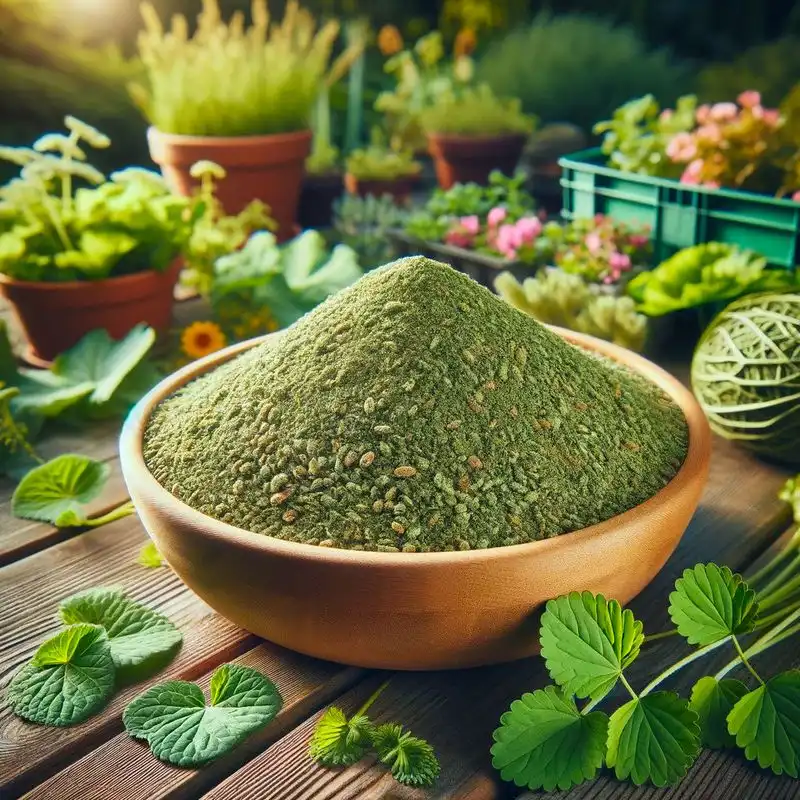
Alfalfa meal, a natural fertilizer derived from alfalfa plants, is rich in nitrogen and other nutrients. It’s an excellent choice for boosting soil fertility without synthetic additives. This meal not only feeds the soil but also stimulates microbial activity, which aids in nutrient breakdown and absorption.
Incorporating alfalfa meal into garden soil is straightforward; simply scatter it over the soil surface and mix it in. Over time, it decomposes and releases nitrogen slowly, promoting healthy, sustained plant growth throughout the season.
Blood Meal
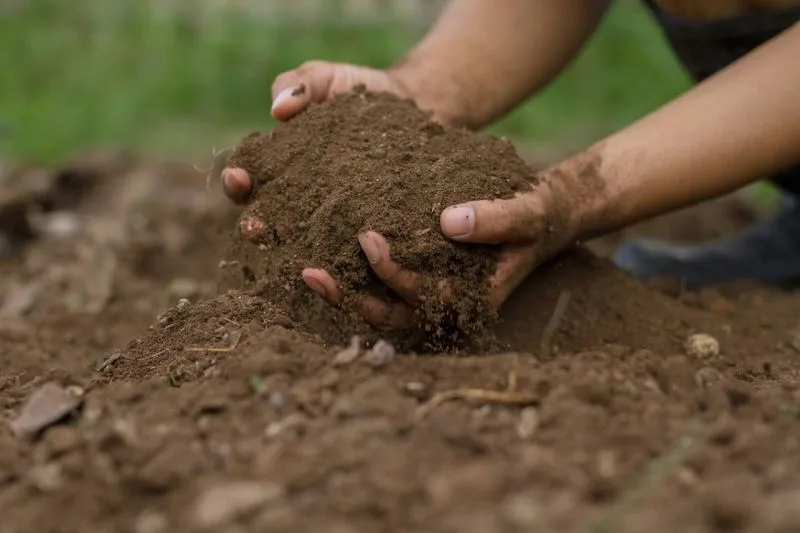
Blood meal, a byproduct of the meat industry, offers a potent source of nitrogen. This organic fertilizer is especially beneficial for leafy greens and nitrogen-hungry plants. Its quick-release nature means that nutrients become available to plants almost immediately.
When using blood meal, care must be taken to avoid over-application, as too much can burn plants. It’s best applied in early spring when plants are gearing up for growth. This concentrated source of nitrogen not only boosts plant vigor but also contributes to lush foliage.
Chopped Leaves
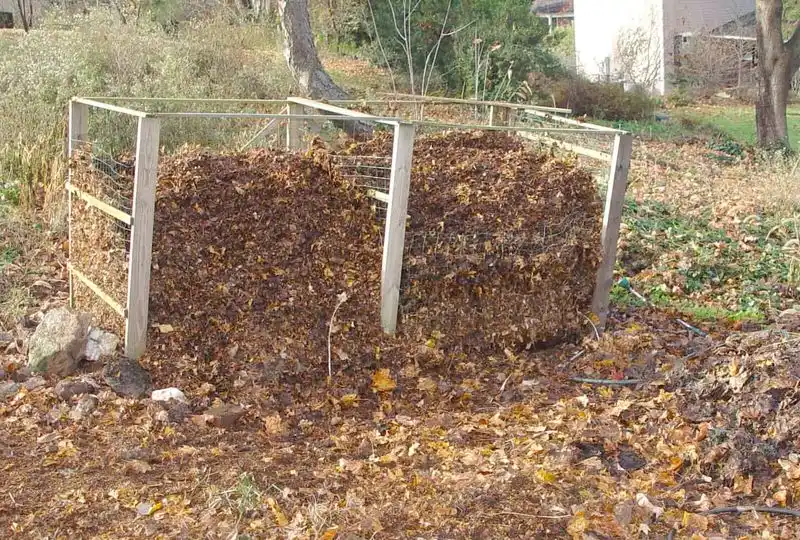
Autumn leaves, often regarded as waste, hold tremendous potential as a nitrogen source. When chopped and incorporated into the soil, they break down and enrich it with organic matter and nutrients. This natural mulch not only improves soil fertility but also aids in moisture retention.
By collecting and utilizing fallen leaves, gardeners can create a sustainable cycle of nutrient recycling. As they decompose, leaves transform into a rich, nourishing layer that supports plant health. This simple practice turns seasonal debris into a valuable garden resource.
Clover Cover Crops
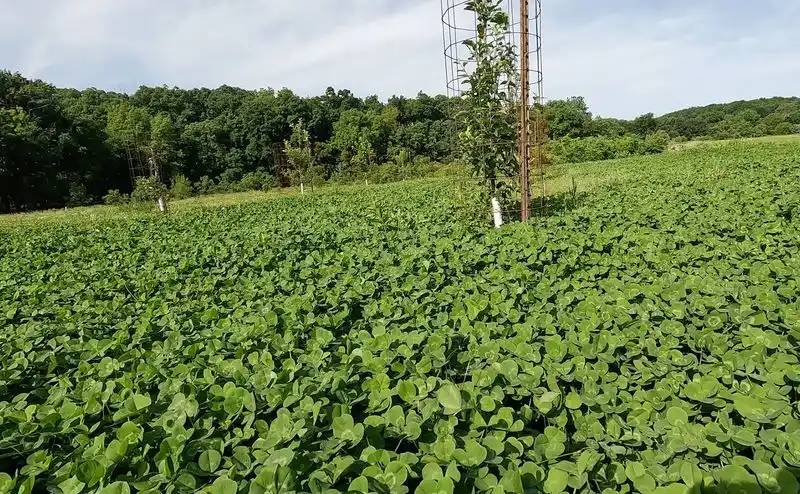
Clover cover crops are a fantastic option for gardeners looking to enhance soil nitrogen naturally. These plants fix atmospheric nitrogen in the soil, reducing the need for synthetic fertilizers. Clover’s dense root network also helps prevent soil erosion and improves its structure.
After growing clover, simply till it into the soil to release the nitrogen and other nutrients stored in its tissues. This practice not only enriches the soil but also prepares it for future planting, ensuring a healthy and fertile garden environment.
Using Seaweed
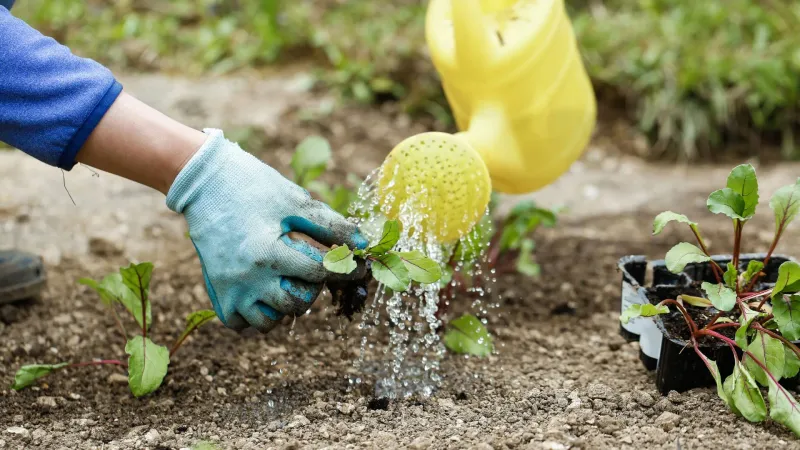
Seaweed is a versatile garden ally that boosts soil nutrient levels, including nitrogen. Fresh or dried, seaweed can be used as mulch or soaked in water to create a nutrient-rich tea. Its high mineral content supports overall plant health.
Applying seaweed to garden beds improves soil structure and stimulates beneficial microbial activity. It’s especially useful in coastal areas where seaweed is readily available, offering a sustainable way to enhance garden fertility. Incorporating seaweed into your gardening routine can lead to more vigorous and productive plants.
Neem Cake
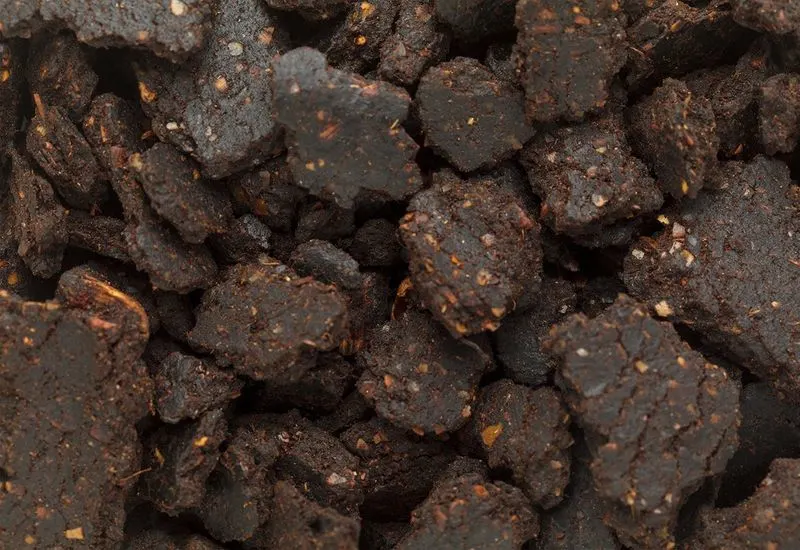
Neem cake, a byproduct of neem oil extraction, serves as an excellent organic fertilizer. It offers a dual benefit: enriching soil nitrogen while acting as a natural pest deterrent. This makes it an ideal choice for eco-conscious gardeners.
The slow-release nature of neem cake means that nutrients are available to plants over an extended period. It’s particularly beneficial for vegetable gardens, where maintaining a balance between pest control and soil fertility is crucial. Utilizing neem cake supports a holistic approach to gardening, enhancing both plant health and the garden ecosystem.
Soybean Meal
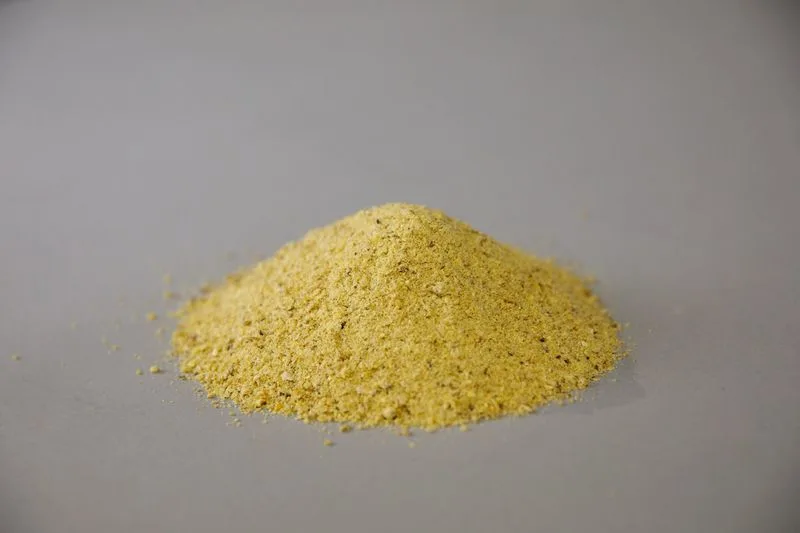
Soybean meal, derived from crushed soybeans, is a nitrogen-rich fertilizer favored by organic gardeners. It promotes healthy growth by providing a slow, steady release of nutrients. This characteristic makes it suitable for a wide range of plants.
Incorporating soybean meal into your soil enhances microbial activity, which aids in nutrient uptake. It’s particularly effective when used at planting time, setting the stage for robust growth. This plant-based fertilizer fosters a thriving garden environment, supporting sustainable practices and reducing reliance on synthetic alternatives.
Worm Castings
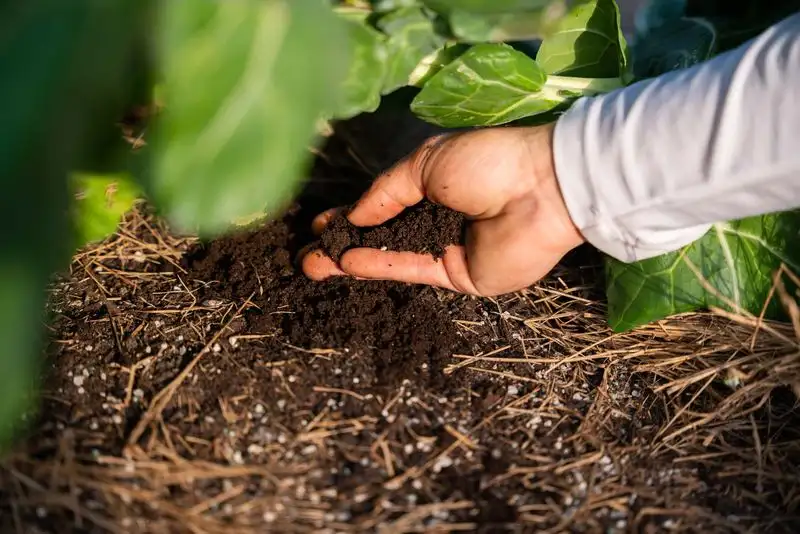
Worm castings, often called “black gold,” are a premium soil amendment. They are rich in nitrogen and beneficial microorganisms, which improve soil health and plant growth. Adding worm castings to your garden beds means you’re enriching the soil with a natural, organic fertilizer.
These castings promote better soil structure and moisture retention, providing an ideal growing environment. By using worm castings, gardeners tap into a sustainable resource that supports vibrant, healthy plants. Regular applications ensure a steady supply of nutrients, fostering a thriving garden.

